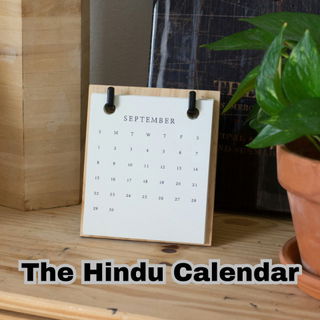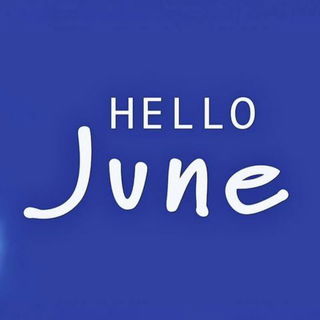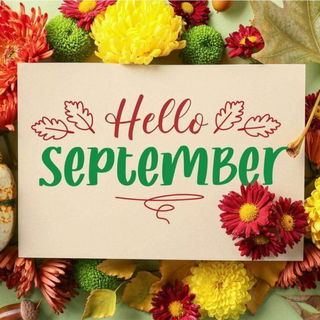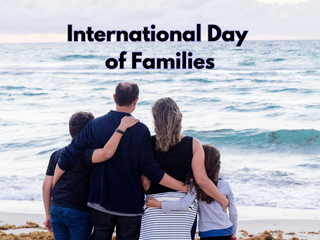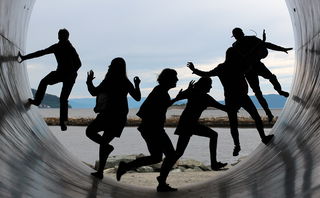- Calendar
- Calendar 2026
- October
- International Music Day
International Music Day
Every year on October 1, International Music Day is celebrated to honor the universal power of music.
It was established by the International Music Council in 1975 to connect, unite and inspire people across the globe of different cultures.
Be it traditional folk, hip hop, pop, jazz, or classical symphonies, International Music Day reminds us that music is for one and all.
Origin of International Music Day
Lord Yehudi Menuhin was the one who came up with the idea of International Music Day. He was one of the most popular violinists and conductors who also acted as President of the International Music Council.
He was a firm believer that music is a tool for peace, mutual understanding, and solidarity in a world that is so divided.
International Music Day was celebrated on October 1, 1975, for the first time, and it has slowly developed into a global affair ever since then.
Lord Menuhin gracefully described the original vision of the day, expressing hope that it would inspire compassion, transform negative bonds into friendships, and replace division with love and understanding.
Each year, International Music Day also promotes the mission of the International Music Council, encouraging intercultural exchange, artistic collaboration, and appreciation of diverse traditions.
From orchestras in Europe to traditional drumming circles in Africa, from street performances in Asia to folk gatherings in South America, the celebrations capture the vast spectrum of human creativity.
Even though, the official date of International Music is October 1, several countries have different designated days to celebrate it.
In France, June 21 is known for its Fête de la Musique, while some European countries honor it on November 22, and in Uruguay it’s marked on October 10
The Rhythmic History of Music
The history of music stretches back to the earliest stages of human civilization.
Archaeological findings, such as bone flutes dating over 40,000 years old, suggest that rhythm and melody were some of the first creative expressions of humanity.
These simple sounds gradually evolved into more organized forms as societies developed.
In ancient cultures, music held a central role in spiritual, cultural, and social life. Civilizations like Mesopotamia, Egypt, Greece, India, and China used music in ceremonies, religious practices, and daily traditions.
The Hurrian Hymn, uncovered in the ancient city of Ugarit and dating back to around 1400 BCE, is among the earliest examples of written music.
In Greece, music was linked with philosophy and mathematics, while in India, sacred texts such as the Sāmaveda laid the foundation for classical traditions.
Over time, musical systems became more sophisticated, with the introduction of notation to record compositions and the development of diverse instruments across regions.
Cultural exchanges through trade routes like the Silk Road allowed ideas, sounds, and instruments to travel, shaping the unique musical styles of different parts of the world.
The origins of music highlight its universal role, not only as entertainment but also as a way to communicate, inspire, and unite people across history.
How to Celebrate International Music Day
There are different ways to celebrate International Music Day, but the most obvious one is enjoying it in your own way.
Several communities host concerts, open air performances, festivals for people to come together and get lost in its tune.
Schools and organizations often arrange workshops to introduce young people to new instruments and genres.
Attending a live performance at a concert hall or a local café is another way to experience the magic of music firsthand.
International Music Day is about more than listening; it’s about celebrating the beauty of music as a force that connects us all.
Recommended Articles
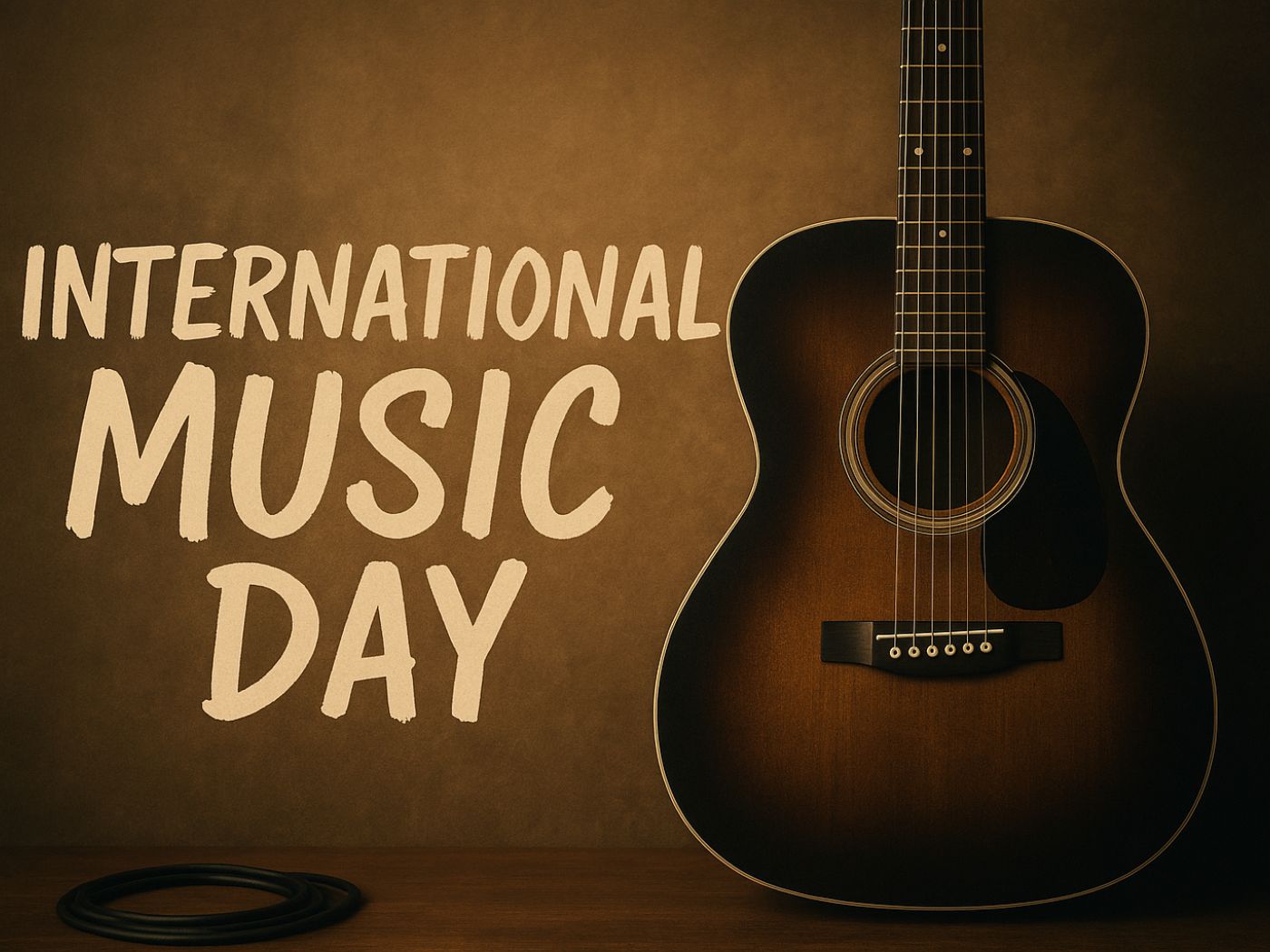
Other Celebrations
-
Apr 29 Wed
-
Apr 30 Thu
-
May 18 Mon
-
Jul 01 Wed
-
Aug 12 Wed
-
Sep 17 ThuInternational Country Music Day

International Music Day - Next years
Friday, 01 October 2027
Sunday, 01 October 2028
Monday, 01 October 2029

